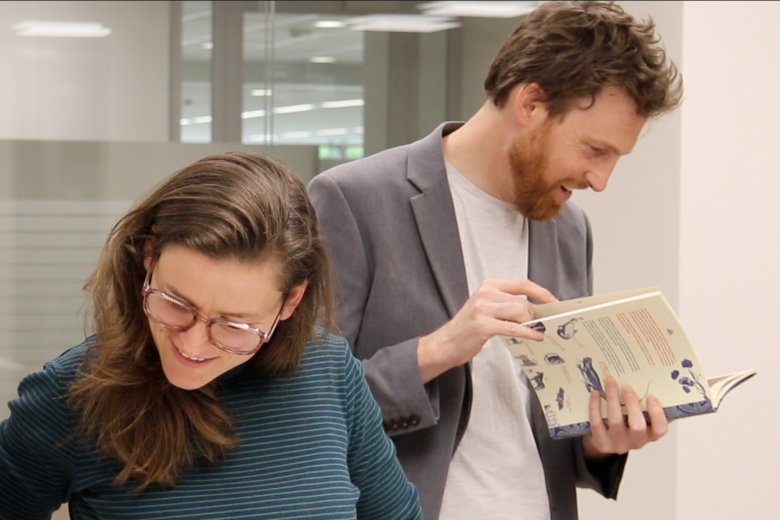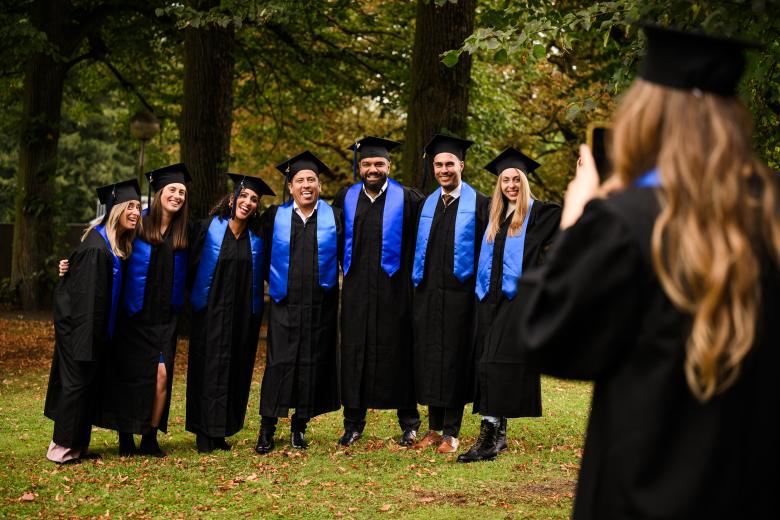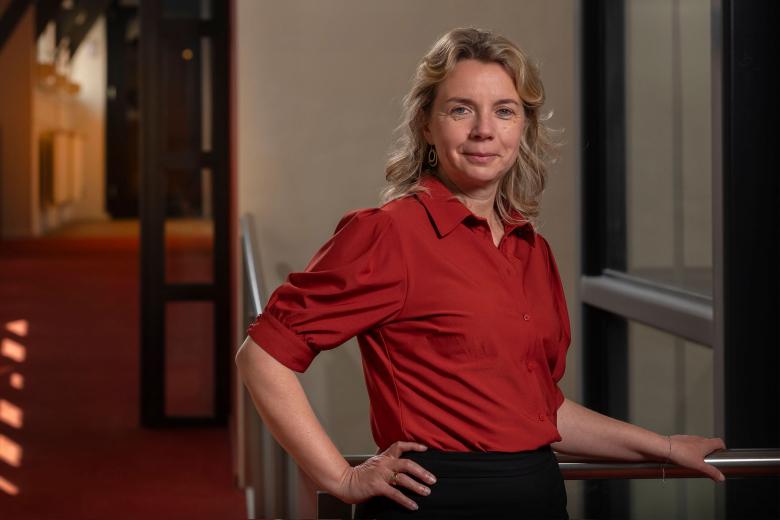UM positively assessed in two external audits: quality assurance in education, and internationalisation
UM has achieved positive results in two important audits: the ITK (Institutional Quality Assessment) and the Certificate for Quality in Internationalisation (CeQuInt). The ITK assesses UM’s internal quality assurance in education and its quality culture in the field of education. CeQuInt focuses on the quality of internationalisation and the integration of international and intercultural dimensions into the objectives, functions, and design of education.
In the spring of 2024, self-assessments were conducted for both audits, which were followed by visitations to UM in autumn. During these visitations, two independent panels engaged in discussions, based on the self-assessment reports, with the university’s board, staff, and students. These discussions focused on safeguarding, improving, and developing the quality of education and internationalisation in the educational programmes.
High praise
For both the ITK and CeQuInt audits, the independent external panels conclude that there is broad support within UM for Problem-Based Learning as its educational vision, and the opportunities for interdisciplinary collaboration are viewed as a good example. The strong commitment of internal stakeholders is evident in the development of the internationalisation plan and in the fact that both students and staff have a deep and widely shared understanding of internationalisation. Additionally, UM is characterised by a robust quality assurance process and a deeply embedded quality culture. The university is also firmly rooted in the region and it actively collaborates with public and private partners in the Meuse-Rhine Euregion, for example within the Brightlands campuses.
UM complies with all four ITK standards (Vision and policy, Implementation, Evaluation and Monitoring, and Development), which led the panel to a positive decision. With this, UM ensures the quality of education and promotes a quality culture in which all stakeholders strive for (further) quality development.
Regarding the five CeQuInt standards (Intended internationalisation, Action plans, Implementation, Enhancement, and Governance), three standards were rated as ‘good’, while two – Intended internationalisation and Enhancement – were rated as ‘excellent’.
Certificates and follow-up
The Dutch-Flemish Accreditation Organisation (NVAO) has recently adopted the positive findings of the panels and has reached a positive decision regarding both institution-wide audits.
By obtaining the ITK accreditation, the ITK certificate is extended for the next six years, allowing all UM programmes to suffice with a limited periodic programme accreditation instead of a comprehensive one.
The CeQuInt report will be forwarded to the European Consortium for Accreditation in Higher Education, which ultimately grants the CeQuInt label. The extension of the CeQuInt certificate is valid for the next five years. UM is the only Dutch university with a CeQuInt certificate at institutional level. In the coming period, the recommendations will be further developed into an action plan in collaboration with various stakeholders.
Also read
-
Writer Frank Nellen and researcher Suzanne Kooloos investigate special book collections
Writer Frank Nellen and researcher Suzanne Kooloos are joining forces to delve into the special book collections of Radboud University and Maastricht University. Their research will serve as inspiration for a joint artistic project. The writer and researcher will be given free rein and will report...

-
Maastricht University recognised among top institutions in CEO Magazine’s 2025 Green MBA Rankings
We are proud to share that Maastricht University School of Business and Economics has been recognised as a top-ranked institution in the CEO Magazine 2025 Green MBA Rankings.

-
Pamela Habibović joins Executive Board Universities of the Netherlands
As of 1 July 2025, Pamela Habibović, UM’s Rector Magnificus, will join the Executive Board of Universities of the Netherlands (UNL).
